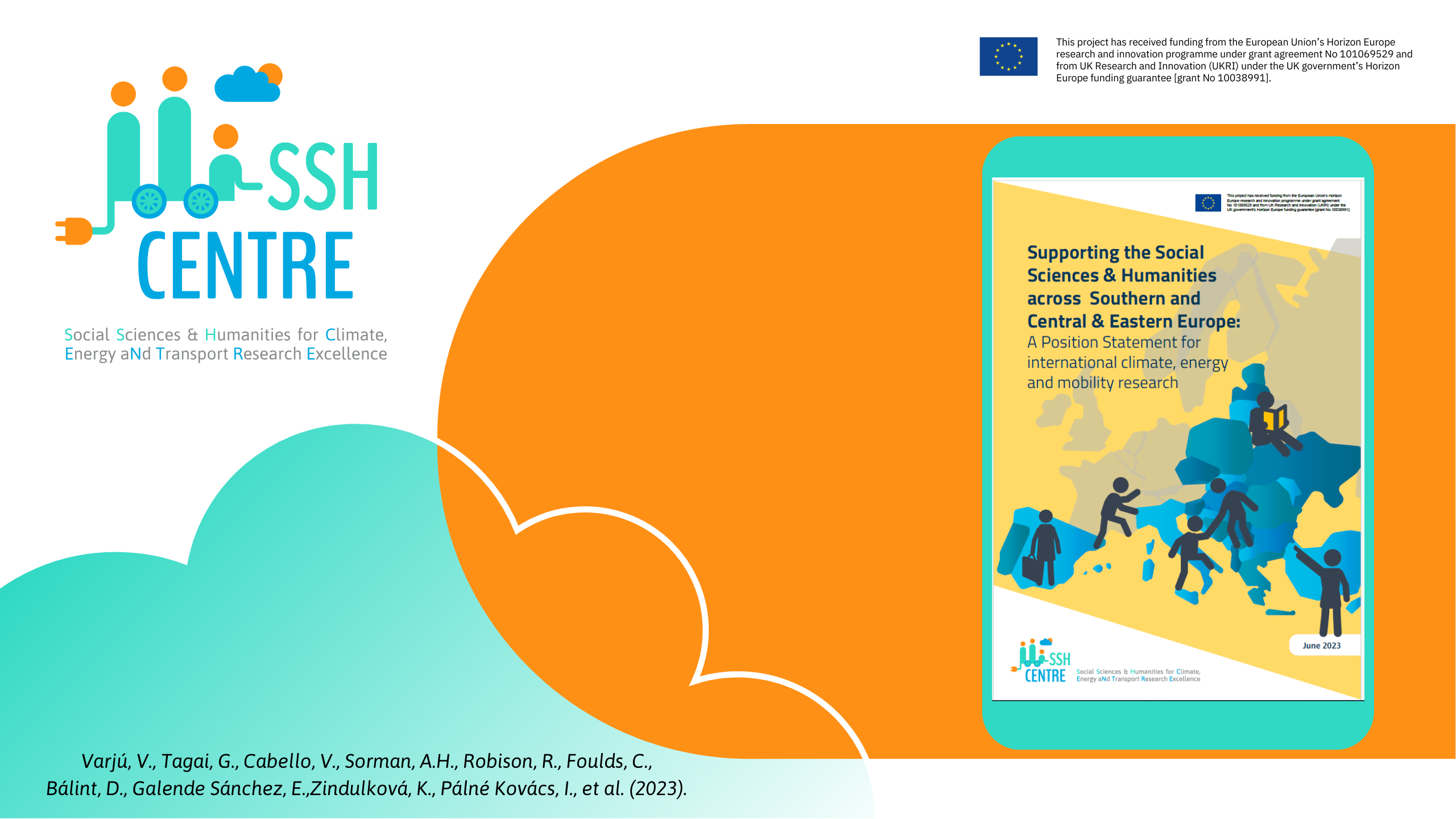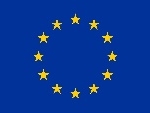Exploring Inequalities in Knowledge Production: A Deep Dive into International Research Collaborations
Our SSH CENTRE partner, RKI, runs a webinar on how to face the challenges of participation in international research collaborations from the viewpoint of an ’Eastern’ member state of the EU and some of our colleagues were contributing to achieve some highlights. Here are some interesting inputs
A critical issue was brought to the forefront of this webinar in which our SSH Centre experts Gergely Tagai, Violeta Cabello and Chris Foulds were actively participating as speakers- the inequalities in knowledge production. This issue, essential in Central and Eastern Europe, has been a concern for the Regional Studies Association and various research funding schemes as our SSH Centre workshops in Bilbao (Spain) and Pècs (Hungary).
The Social Sciences and Humanities (SSH) have been at the forefront of this movement, crucial to supporting the better representation of SSH research from across Europe, especially with the participation of CEE and SE countries. Our partners were addressing the importance of this in their participations, explaining the range of activities they developed within SSH Centre project.
As our partner Gergely Tagai pointed out, ‘the nature of formalised research programmes initiated by the EU does not provide equal opportunities for participation. Due to their socio-economic environment, economic power, (academic) geopolitical positions, institutional background, and cultural practices CEE researchers and institutions are not able to enter research collaborations as equal partners’. For the national and international policy levels, continued Tagai, we have to make more visible these challenges and formulate recommendations that might serve as sources of further practices at the policy level. Positive discrimination can be useful in the short run, but the operationalisation of structural changes concerning EU-based research collaboration initiatives might only be expected as the result of a longer process. Changes leading to more inclusive and equitable research collaborations might also be generated by researchers’ communities from across Europe, by challenging the status quo in their common work. This is something we need to want together and work together on it with researchers from Western, Southern, and Central&Eastern Europe.
Lights and shadows on research liaisons
Quantitative methods and GIS have been instrumental in this endeavour, providing a robust framework for spatial theory, which is the main goal to enhance scientific knowledge production and drive Research and Innovation actions to address societal challenges. However, the journey is not without its hurdles. The epistemic status of nations, the current working conditions, and institutional cultures pose significant challenges besides the fact that policymakers often overlook the real societal challenges.
The focus is now shifting towards employability and the role of non-academic institutions in addressing these challenges. This aims to create a more inclusive and equitable knowledge production landscape where every voice is heard and every contribution is valued.



 This project has received funding from the European Union’s Horizon Europe research and innovation programme under grant agreement No 101069529 and from UK Research and Innovation (UKRI) under the UK government’s Horizon Europe funding guarantee [grant No 10038991].
This project has received funding from the European Union’s Horizon Europe research and innovation programme under grant agreement No 101069529 and from UK Research and Innovation (UKRI) under the UK government’s Horizon Europe funding guarantee [grant No 10038991].